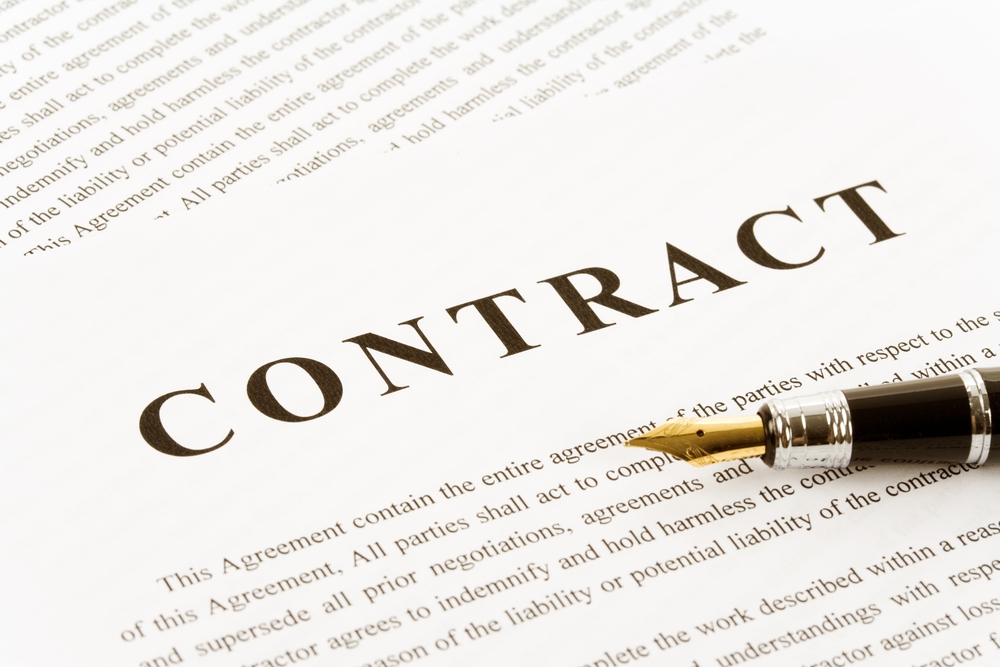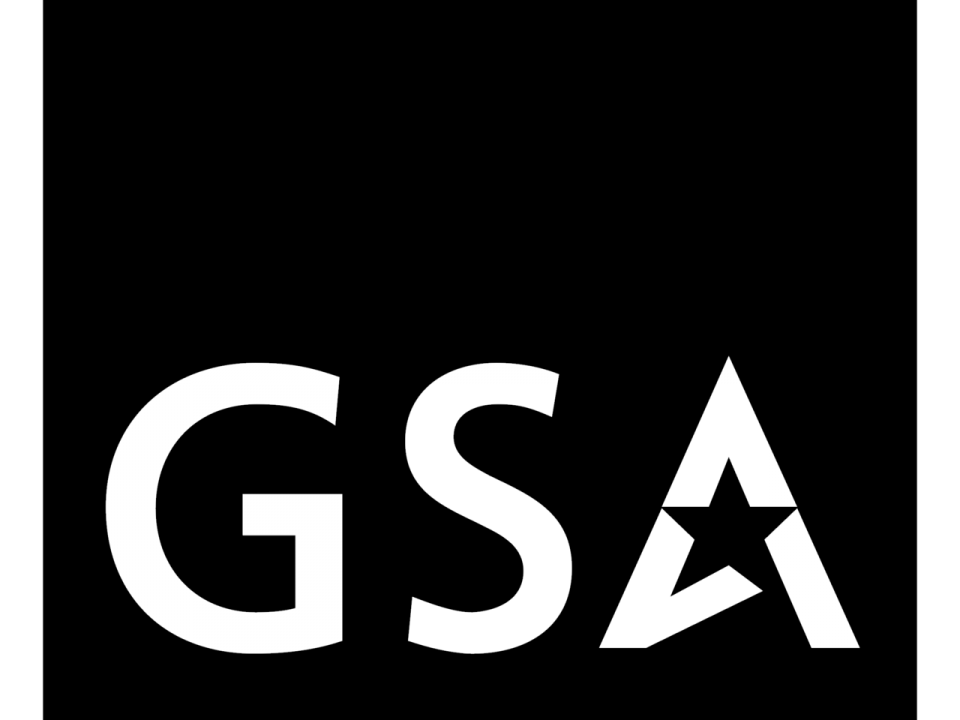The former investment banker sometimes sits in the driver’s seat of her parked Range Rover Sport and lets herself marvel at the customers trickling in and out of her Capitol Heights dispensary in Prince George’s County.
Bowser’s Budget Cuts Affordable Housing Funds, Invests In Downtown Recovery
April 7, 2024
6 organic growth killers crippling contractors
April 8, 2024April 7, 2024 at 6:00 a.m. EDT
Hope Wiseman is exactly whom Maryland leaders envisioned supporting when cannabis equity became a state initiative. In Prince George’s County, more dispensaries make some residents and lawmakers shudder.
Hope Wiseman, 31, feels gratitude watching her business bloom. She knows the odds weren’t in her favor as a Black woman seeking a foothold in an increasingly consolidated and overwhelmingly White industry. Six years in, she’s ready to maximize the output of her dispensary with the boost of legalized adult recreational cannabis use, partner with new licensees and offer consulting services for an industry she knows can be tough to navigate.
Wiseman said she learned a lot as she navigated the medical industry and Maryland’s transition to legalization July 1. She wants newcomers joining the market to feel supported in an industry filled with hurdles, to be proud and visible.
That’s exactly what some leaders of this affluent, majority-Black suburbwant to avoid.
County lawmakers here have for months clashed over whether new dispensaries should be able to set up shop in highly visible retail locations or be relegated to industrial zones, revealing a broader disagreement here over whether entrepreneurs like Wiseman represent the potential for cannabis legalization to empower communities or to damage them.

